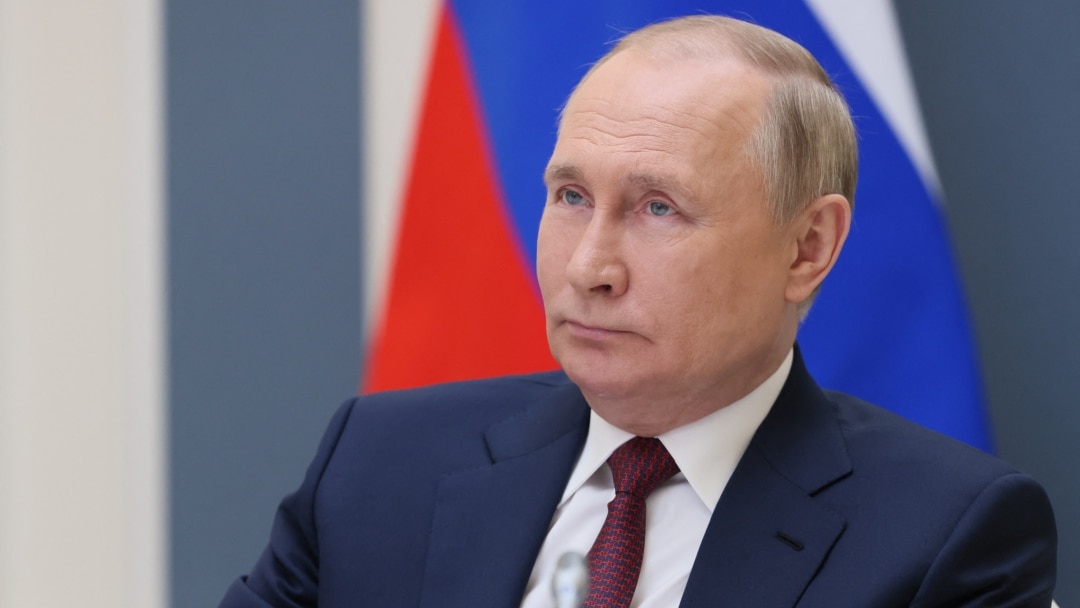Protests Erupt in Abkhazia Demanding Resignation of President Bzhania
On Friday, the parliament building in Sukhumi—the capital of Abkhazia, a breakaway region of Georgia—was stormed by a large group of protesters demanding the resignation of President Aslan Bzhania. This uprising is the culmination of growing dissatisfaction with Bzhania’s government, which has faced criticism for its close ties to Moscow.
Demonstrators Penetrate Security Barriers
Demonstrators demonstrated their resolve by using a truck to breach the metal gates surrounding the government compound. Once inside, protestors reportedly entered through windows and raised their voices in chants against the administration. Eyewitness accounts, shared with Fox News Digital by the East 2 West news outlet, painted a vivid picture of the intensity of the situation.
Russian Response and International Implications
Amid the chaos, Russian authorities announced that they were closely monitoring the “crisis situation” in Abkhazia and advised citizens to steer clear of the area, according to a Reuters report. This reaction underscores Russia’s vested interest in maintaining stability in Abkhazia, an area it recognized as an independent state following the brief 2008 war with Georgia.
The Complexity of Abkhazia’s Sovereignty
Abkhazia’s sovereignty is a contentious issue on the international stage; most countries still consider it part of Georgia. After Russia’s recognition of the region’s independence in 2008, the West condemned the move. U.S. President George W. Bush labeled it “irresponsible,” while then-German Chancellor Angela Merkel referred to it as a violation of international law and integrity. As a result of that recognition, a ripple effect was created that would later influence Russia’s aggressive military actions in Ukraine, including invasions in 2014 and 2022.
Economic Concerns Fuel Protests
Initially, the protesters were united against a controversial investment agreement that many believed would facilitate the acquisition of local property by wealthy Russians. Critics argued that such developments would inevitably outprice local residents, exacerbating economic disparities and leading to further dissatisfaction among the populace. However, as the protests escalated, opposition leader Temur Gulia relayed to Reuters that the demonstrators’ demands had transformed into a broader call for Bzhania’s resignation.
The Abkhazian Leadership Crisis
Bzhania has held the presidency since 2020, and reports suggest that he was absent from the parliamentary building during the protests. If he were to resign, he would join a select group—becoming the third Abkhazian leader to step down since 2008. This factor amplifies the pressure and significance of the current social unrest as residents openly question the efficacy of their leadership.
Potential Outcomes and Future Implications
Abkhazian authorities have hinted at a willingness to withdraw the contentious investment agreement in response to the protests. This decision aims to placate demonstrators, but opposition leader Eshsou Kakalia was firm in stating that protesters would not relent until Bzhania resigns from office. This context adds a layer of complexity to the situation as the demand for systemic change extends beyond economic grievances.
Local Sentiments vs. Russian Influence
Will Stewart from East 2 West News highlighted a pivotal concern among local Abkhazians: while residents are not advocating for reunification with Georgia, they are deeply worried about the potential encroachment of affluent Russians in their communities. The ongoing sanctions imposed on Russia due to the Ukraine conflict have driven wealthy individuals to seek alternative vacation spots, elevating Abkhazia as a desirable location for property investment. This phenomenon poses a direct threat to local culture and lifestyles, making it a focal point for the discontent currently observed.
A Region at the Crossroads
As these protests continue to unfold, the ramifications for Abkhazia—an unrecognized entity struggling for its identity—remain profound. The interplay of local dissent, external influence, and socio-economic disparities is stirring a complex and volatile situation. The eyes of the world are turning toward this secluded region, watching closely as the story unfolds and assessing how it might resonate beyond its borders.
Conclusion
The events in Abkhazia serve as a reminder of the delicate balance of power and the impact of external forces on local governance. The situation is fluid, and how the Abkhazian authorities respond could set the stage for either change or further unrest in this strategically important sector of the Caucasus.
